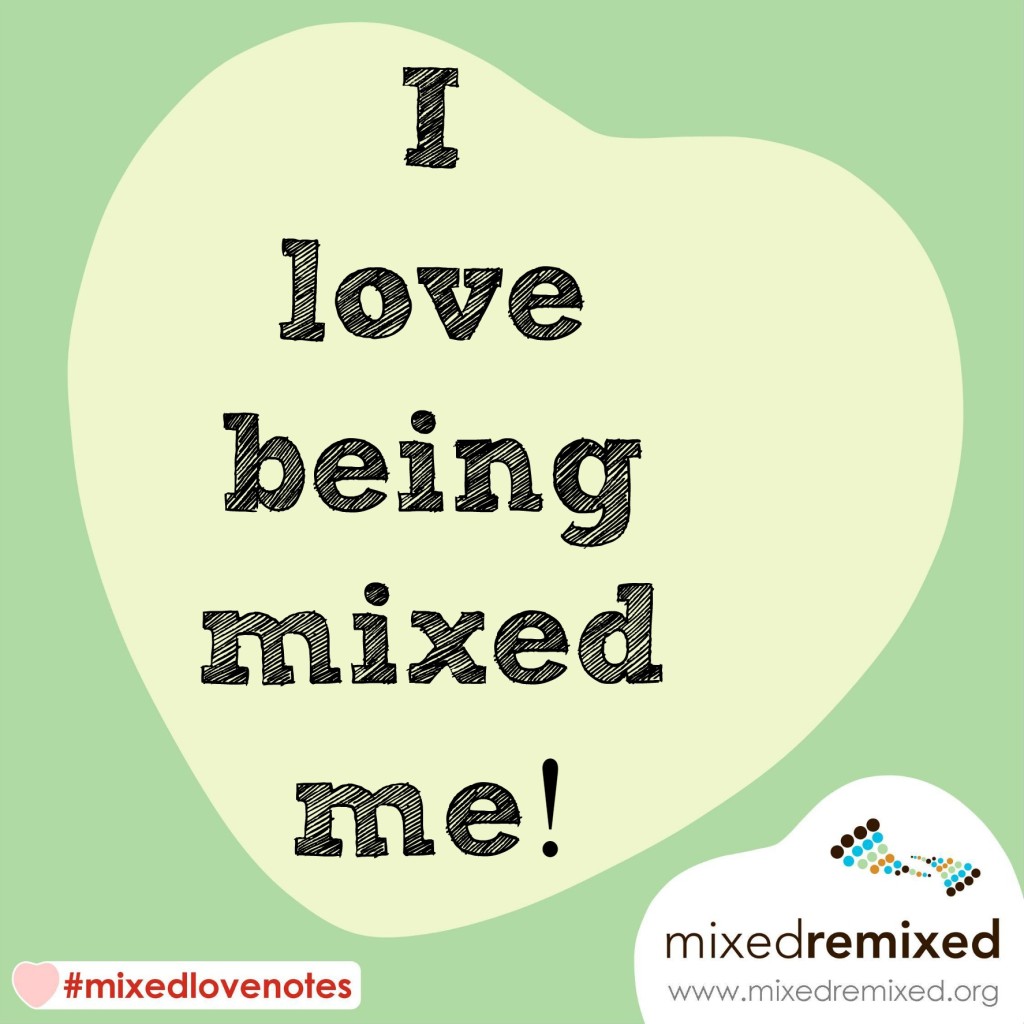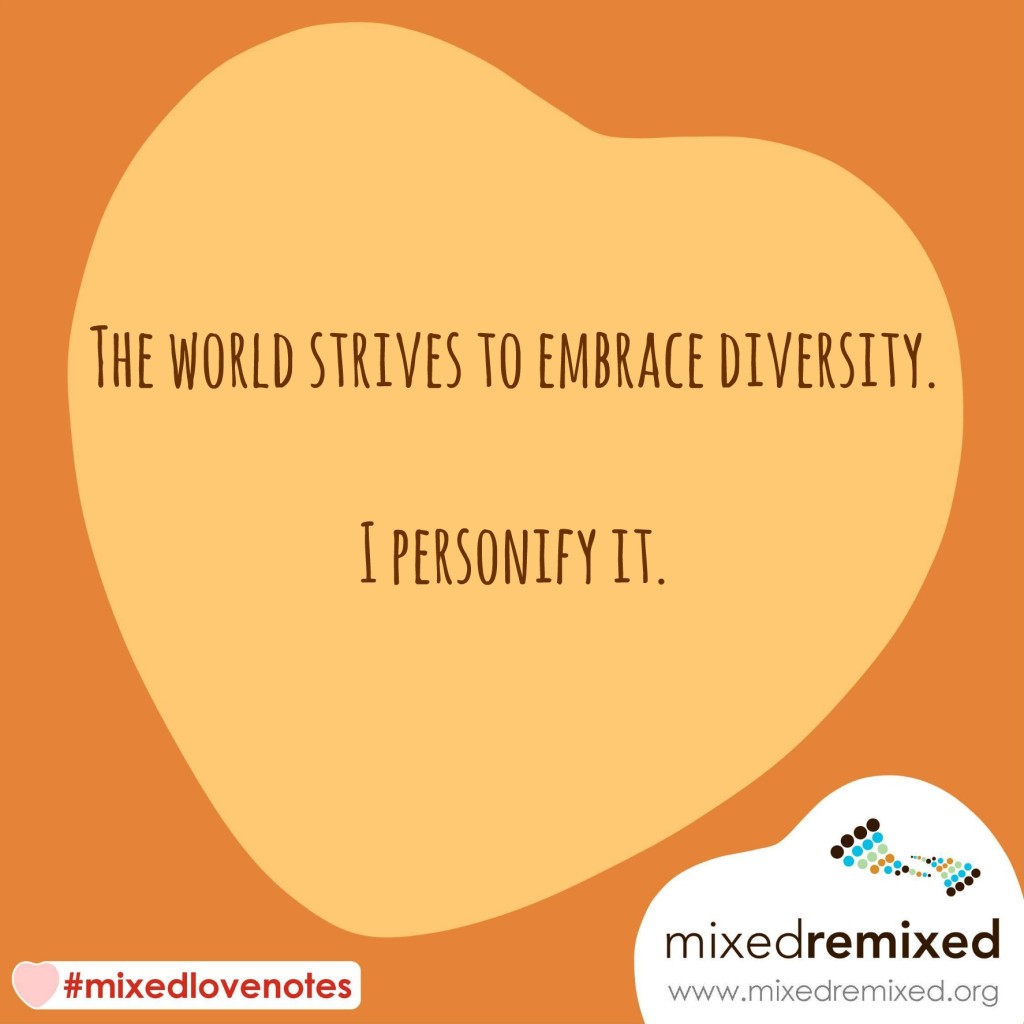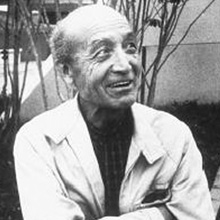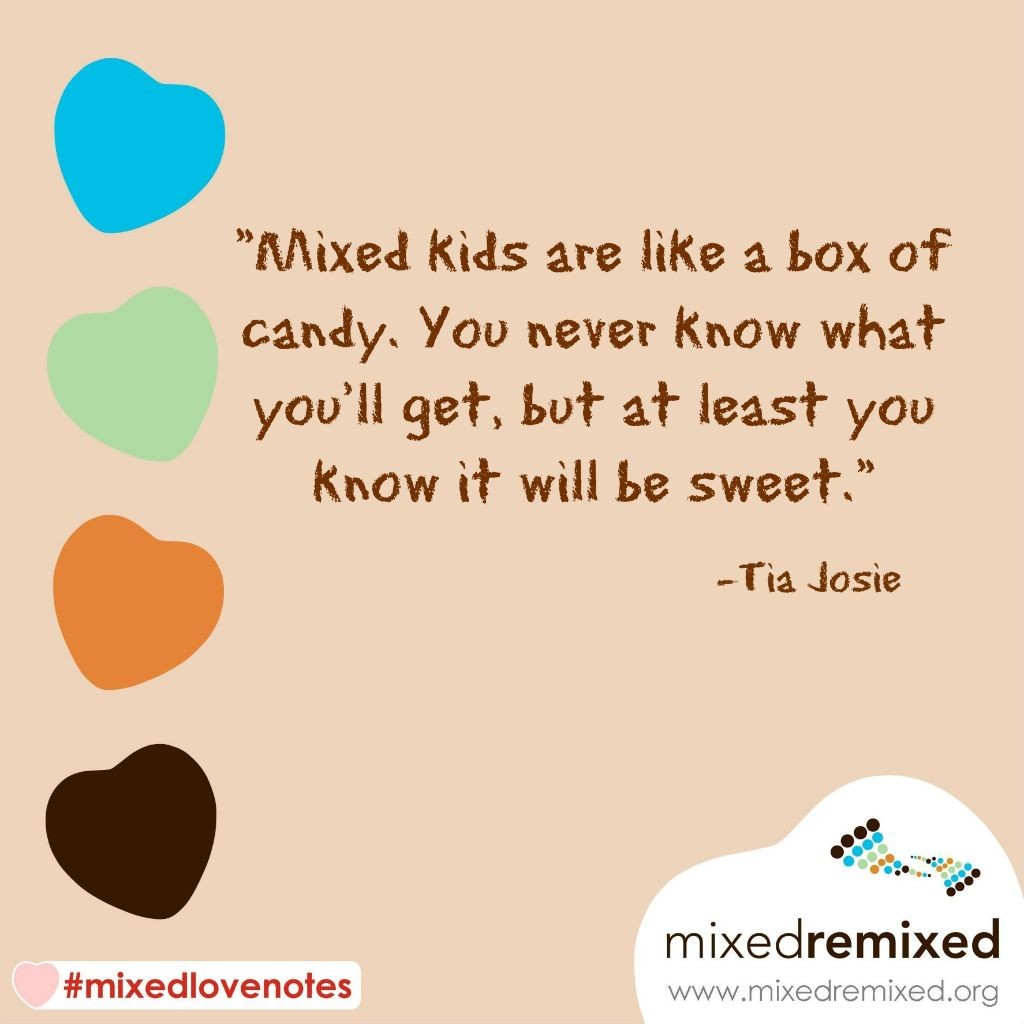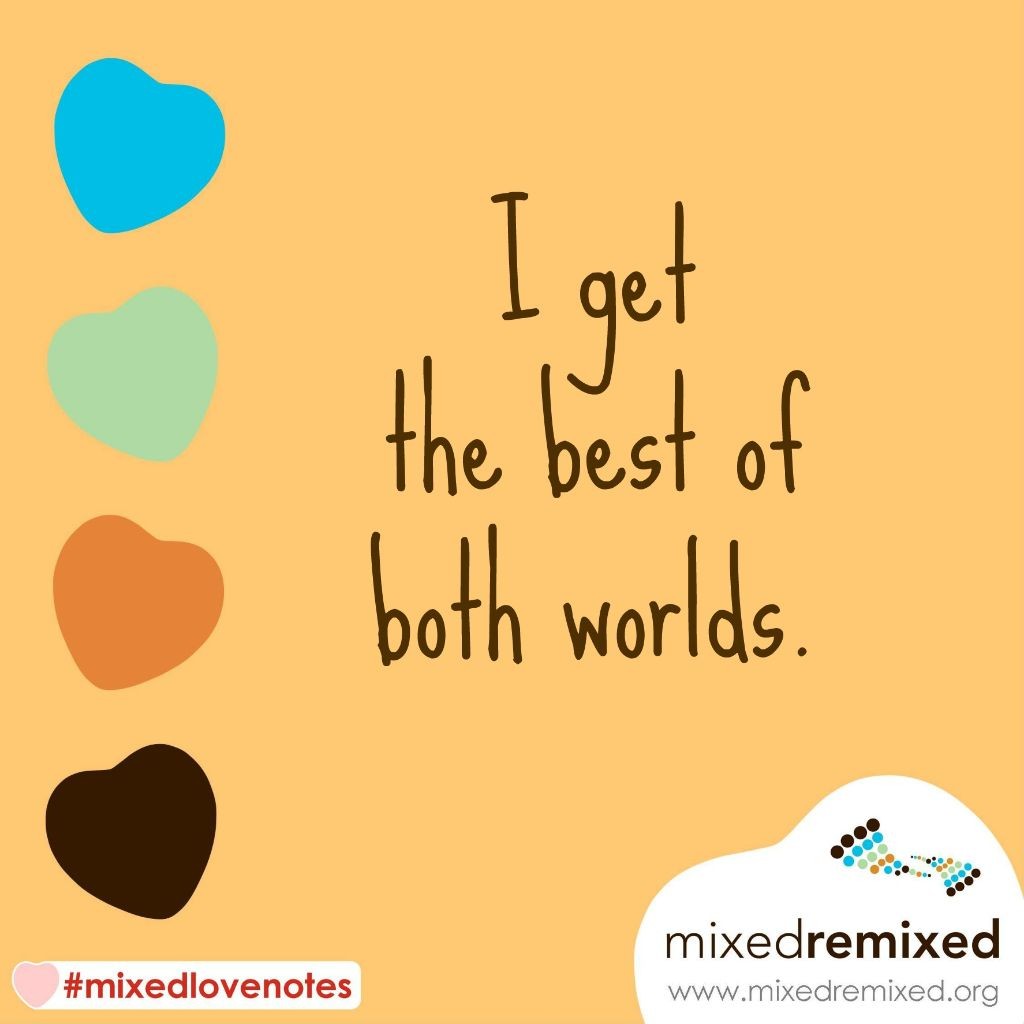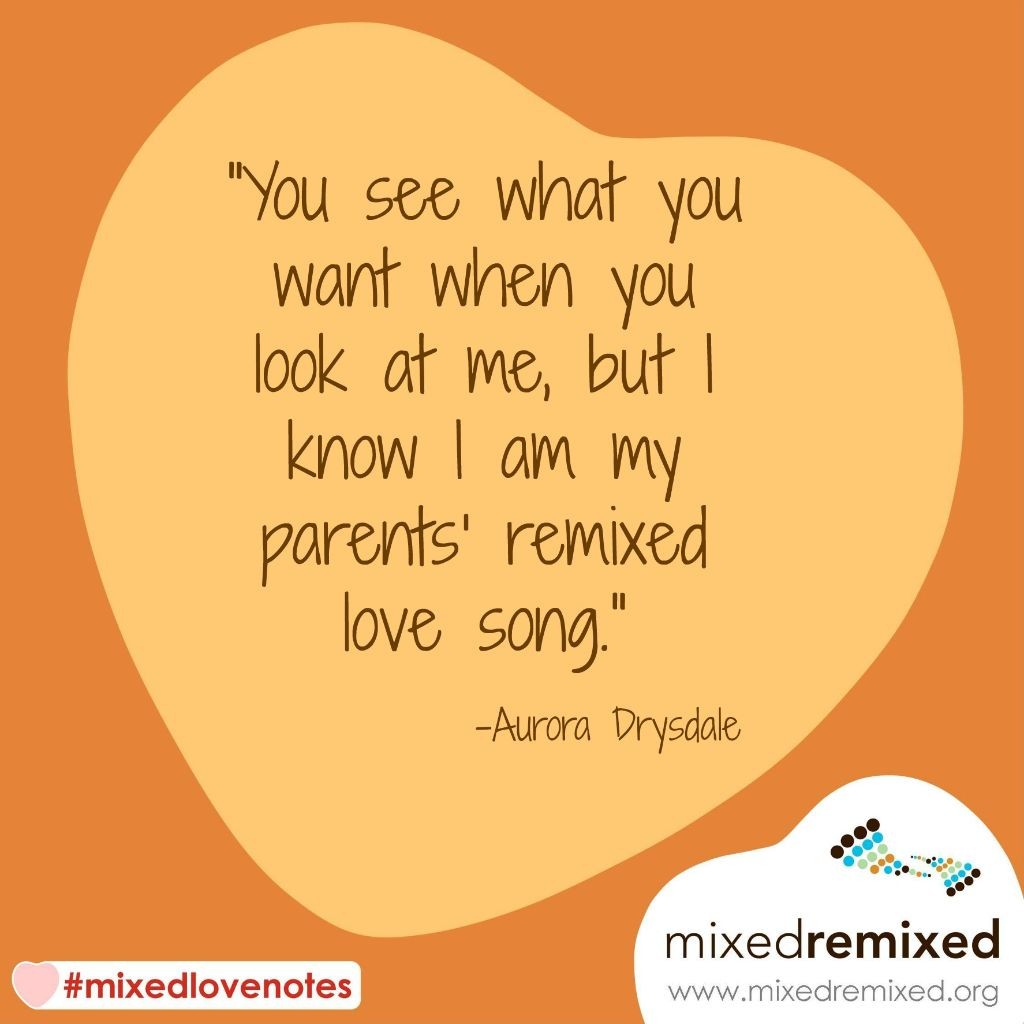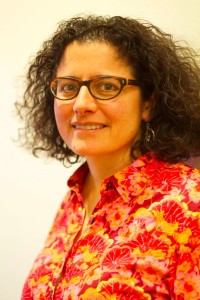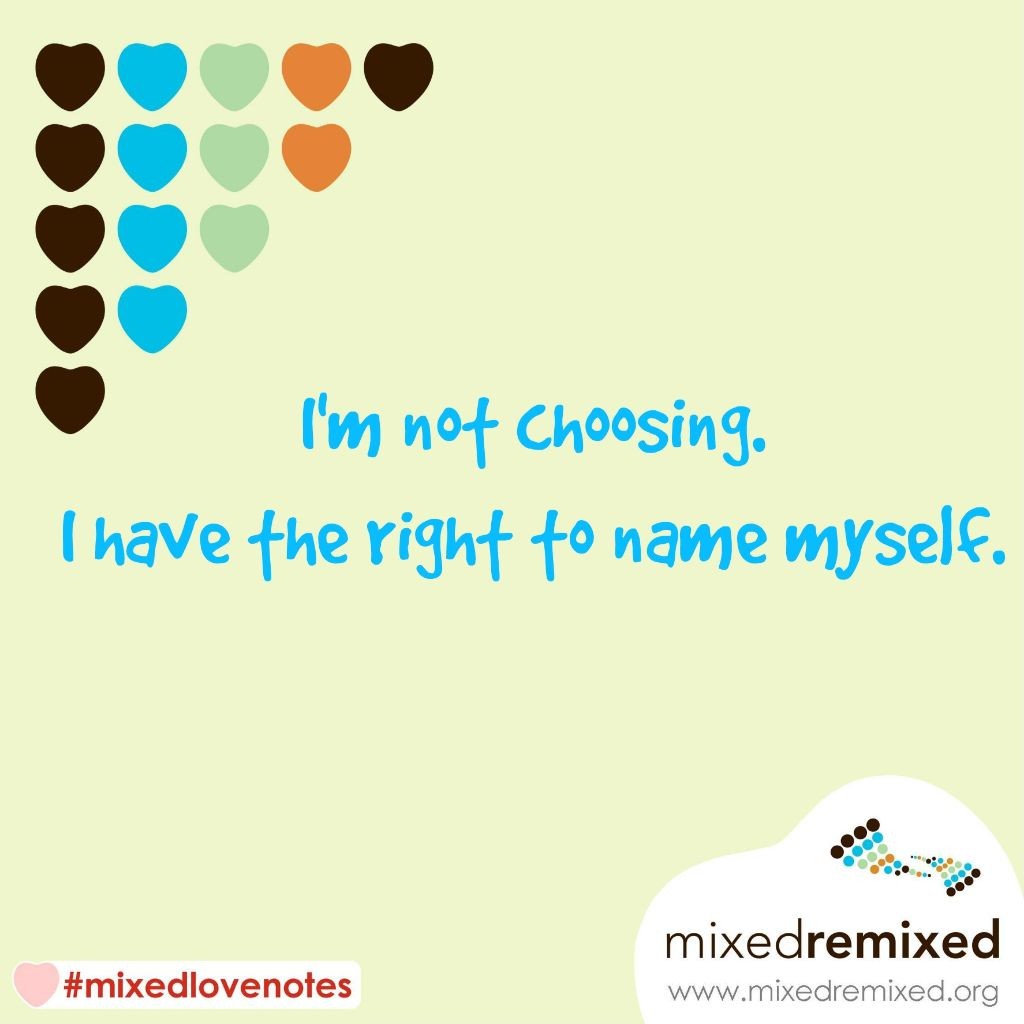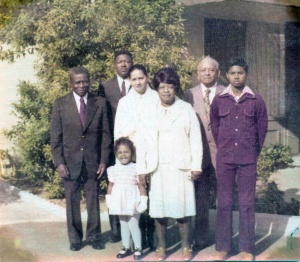Mixed Love Notes #19 #mixedlovenotes
Biracial Historical Figures on Being Mixed: Isamu Noguchi
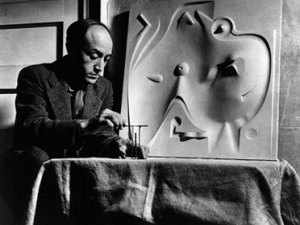 Isamu Noguchi (1904-1988) was the son of a Japanese writer and a white American woman. He became one of the greatest sculptors of his time. You can learn more about him here.
Isamu Noguchi (1904-1988) was the son of a Japanese writer and a white American woman. He became one of the greatest sculptors of his time. You can learn more about him here.
“First of all, my mother was American. And going to Japan with an American mother and being half-Japanese puts on in a very anomalous position. On the one hand, she is of Japan, she wanted to be in Japan. But the fact of the matter is that the Japanese do not accept foreigners as another person equal to themselves because Japanese are Japanese and everybody else is foreign, you understand. It’s a very traditional country in that sense; and very unusually so, perhaps. I mean very exclusive in a sense. And, on top of that, my mother was separated from my father when I was very, very young so that I didn’t have that contact that I might have had to one-half parent anyway. So I was an appendage on a stranger; that is to say….And yet, as I say, she loved Japan, let’s say, had friends and pupils there. She taught English. But I was more or less a kind of waif because she was always working a great deal of the time and I was sort of thrown onto the neighboring children and so forth who, of course, were Japanese. So my playmates and so forth were Japanese but I was not Japanese, you see. And, you know, people talk about the discrimination that exists against half-breeds. And, it is probably so. Although I mean, personally, I can’t say that I experienced discrimination as such, a third person looking at it more objectively would probably say that it’s a classical case. I, for instance, have never felt discriminated against in this country either, for that matter, but somebody else looking at it might say: “Well, but you don’t realize that this is evidence of discrimination.” And my own attitude, of course, is another question. Am I really free? Or am I really inherently self-protective against incipient discrimination. Do you understand?”–Isamu Noguchi
Mixed Love Notes #18 #mixedlovenotes
Mixed Love Notes #17 #mixedlovenotes
Caroline Mar – mixed race poet
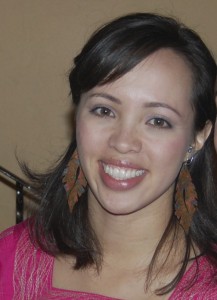
Caroline Mei-Lin Mar was born and raised in the Bay Area. Carrie is a queer mixed-race Chinese-Irish femme who was raised to cause trouble by her radical lefty parents (her first childhood St. Patrick’s Day parade participation involved staging a pro-IRA “die-in”). She currently works as a secondary Special Education teacher and owes great gratitude to her students and colleagues for what they teach her every day. A recent graduate of the MFA Program for Writers at Warren Wilson College and an alumna of the Voices at VONA workshop, Carrie is seeking publication of her first book, Special Education. Her poems have been published in The Collagist, Shadowgraph, As Us, and others.
Taking part in the “You don’t look Irish!” panel: Clare Ramsaran, Caroline Mar, Dylan Amaro-McIntyre, and Stephen Murphy-Shigematsu on March 27th 2015
Mixed Love Notes #16 #mixedlovenotes
Clare Ramsaran – mixed race writer
I’m very happy to be part of the “You don’t look Irish!” panel, in March in San Francisco. Here’s the biography I submitted for the festival brochure:
Clare Ramsaran was born and raised in England, but checks “other” on forms when asked to define her heritage – or creates her own category of “Indo-Guyanese/Irish”. 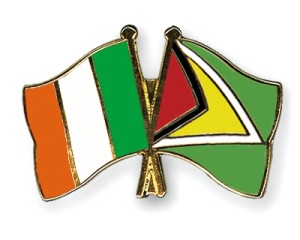
She is an alumna of the VONA Voices workshop and is an MFA candidate at the University of San Francisco. She is currently working on a novel about two Caribbean brothers who join other young immigrants to London in their pursuit of love (of the inter-racial and queer varieties) and justice. She blogs for Mixed Remixed and her writing has been published in anthologies in the USA and England, and in journals including the St Sebastian Review. Visit her blog at: clareramsaran.blogspot.com
Mixed Love Notes #14 #mixedlovenotes
Family Album: A Mixed Remixed Family Story
I met Audrey Esquivel at a writing workshop at the Mixed Remixed Festival earlier this year and our paths crossed again at a reading back in the Bay Area. When she shared a family photo on Facebook it seemed the ideal subject for a blogpost. So I asked her to use the photo as a writing prompt and here’s the result.–Clare R.
Text by Audrey Esquivel:
The year is most likely 1976, as I seem to be around 2 years old. We are standing in front of the townhouse where my brother and I lived with our parents in Oceanside, California. I have on my church dress and gloves, so the photo was taken on a Sunday, probably just after returning from Sunday morning mass.
It was the first, and maybe the only, time my father’s dad, Grandpa Rueben, flew in an airplane. Dad’s parents lived in Harvey, Illinois just outside of Chicago. Once Grandma Flora said she was going, Grandpa Reuben got over his fear of flying rather quickly.
My mother’s parents, Granma Dot (aka Granny) and Grandpa Joe, had recently immigrated to the US from Burma and were visiting us after driving up from San Diego where they were living with my Aunt Rita and her family.
This picture is meaningful to me for many different reasons. My brother and I are the only two people in this picture who are still alive. This is the only picture of my brother and I with all four of our grandparents.
However, what stands out most to me when I look at this picture is that it captures and represents the full extent of my knowledge of my father’s family lineage.
As I go through my mother’s family photo albums I uncover pictures that were taken in the 1800s. There are photographs of my mother with her grandmother, of her grandmother as a young woman, of her grandmother as a baby, even photos of my great-great-great grandparents. There are also written records of my mother’s family tree dating back several generations to when her European ancestors first arrived in Burma.
As for my father’s heritage, I know that my Grandma Flora’s maiden name was Whitaker and they were from Arkansas. In terms of tracing the roots of my African-American family tree, that is all I know.
- « Previous Page
- 1
- …
- 23
- 24
- 25
- 26
- 27
- …
- 38
- Next Page »
